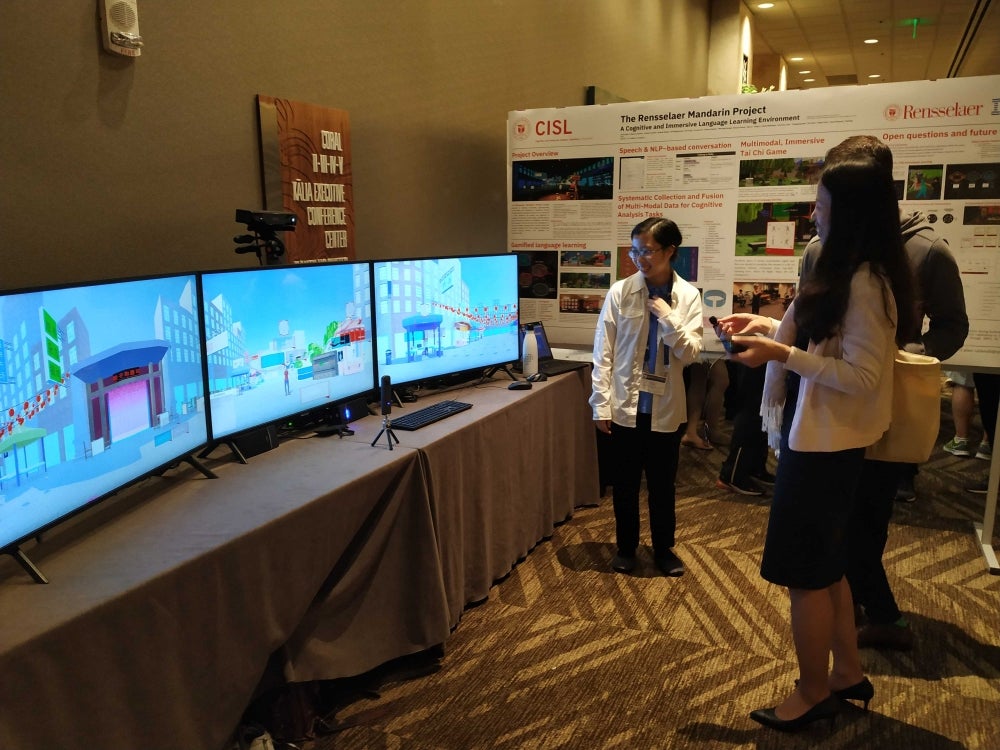Karlheinz Brandenburg to give talk "Perfect auditory illusion over loudspeakers and headphone: How to use the properties of the human ear and brain"
The dream of perfect recreation of sound has always consisted of two parts: Reproduction of monaural sounds such that they seem to be exact copies of an original signal and the plausible recreation of complex sound environments, the possibility to be immersed in sound. The latter goal seems to be much more difficult, especially if we consider reproduction over headphones.

